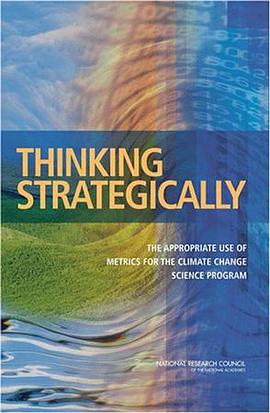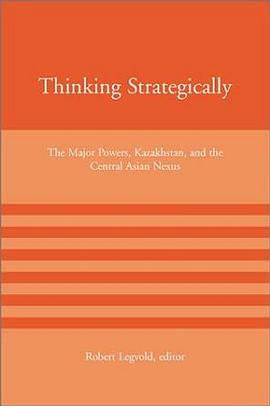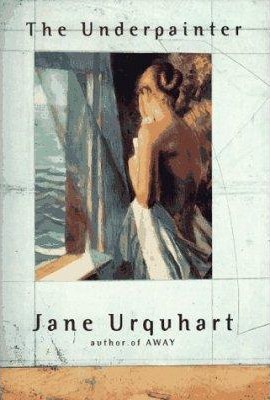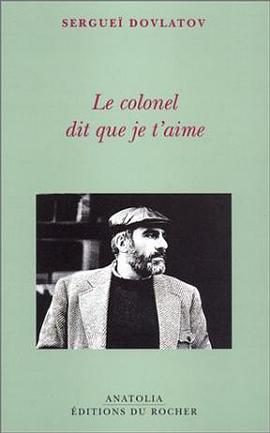
具体描述
A century before Stonewall and the rise of the modern gay and lesbian movement, Karl Heinrich Ulrichs (1825-1895), lawyer, classical scholar, and openly gay man, was boldly and publicly defending the rights of homosexuals. Between 1864 and 1880, he published a series of twelve tracts, which he collectively titled "Research on the Riddle of Man-Manly Love". Much more than a seminal work on the causes of homosexuality, Ulrich's monumental study deeply influenced an entire generation of sex researchers, including Richard von Kraft-Ebing and Havelock Ellis. Now, for the first time, this pioneering work by an important researcher in gay studies is available in English in its entirety, newly translated by Michael A. Lombardi-Nash. Ulrichs surveys literary, historical, physiological, and other data in his argument that homosexuality is not a disease or a sin, but perfectly natural, and that the strict line of differentiation between men and women has been overemphasised. Turning to the science of embryology, Ulrichs contends that male, as well as female, homosexuality results from a crossing of the male and female generative principles during the first crucial stages of foetal development. Thus, homosexual men are essentially 'male' in body, 'female' in desire - crucially different from heterosexual men. Homosexuality (and, with that hermaphroditism and bisexuality) is the work of nature, hence innate and unavoidable.
作者简介
目录信息
读后感
评分
评分
评分
评分
用户评价
相关图书
本站所有内容均为互联网搜索引擎提供的公开搜索信息,本站不存储任何数据与内容,任何内容与数据均与本站无关,如有需要请联系相关搜索引擎包括但不限于百度,google,bing,sogou 等
© 2025 qciss.net All Rights Reserved. 小哈图书下载中心 版权所有





















